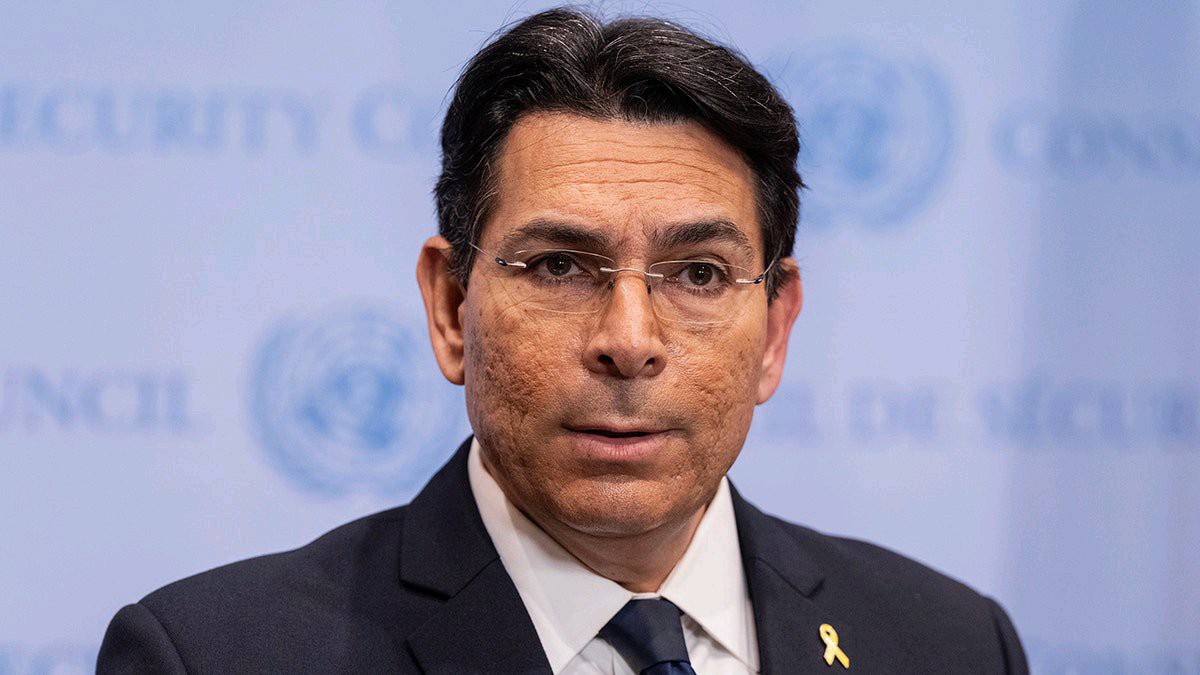In a recently released video address from 0:29, Israel’s United Nations Ambassador, Danny Danon delivered a scathing critique of Palestinian political leadership, revisiting the historical rejection of the 1947 UN Partition Plan and subsequent peace proposals.
Danon’s remarks, broadcast on Aijac TV, highlighted what he described as a persistent pattern of missed opportunities for peaceful coexistence. Speaking with pointed rhetoric, he traced a timeline of what he characterized as Palestinian leadership’s repeated refusal to embrace diplomatic solutions.
“Seventy-seven years ago, this assembly voted on the United Nations Partition Plan—a moment that offered Israelis and Palestinians alike the chance to live side by side in peace,” Danon stated. “Israel said yes. The Arab world said no. They rejected coexistence, choosing instead to declare wàr on the newborn Jewish state.”
The diplomat emphasized a sequence of peace proposal rejections, noting, “In 1947, the Palestinians said no. In 1967, they again said no. In 2000, they said no. In 2008, once again, they said no.”
Danon argued that the United Nations has inadvertently perpetuated conflict by what he termed a “neurotic obsession” with the Palestinian question. He accused the international body of “encouraging and cultivating Palestinian rejectionism, violence, incitement, and a false narrative of victimhood.”
“Time and again, opportunities for peace were met with rejection,” he asserted. “Palestinian so-called leaders have chosen conflict every time, and this assembly rewarded them for it. You have reinforced the belief that peace can be postponed and violence is acceptable.”
The address provides a sharp diplomatic perspective on decades of complex Middle Eastern geopolitical tensions, challenging international perceptions of the ongoing Israeli-Palestinian conflict.

